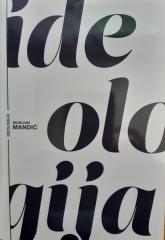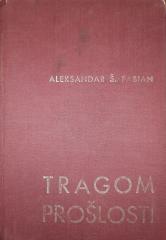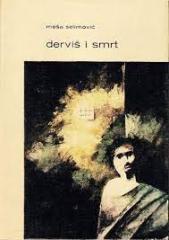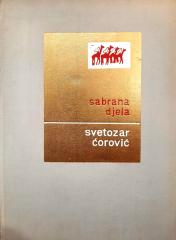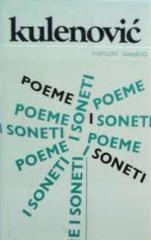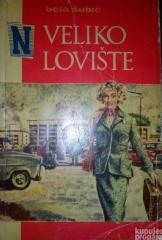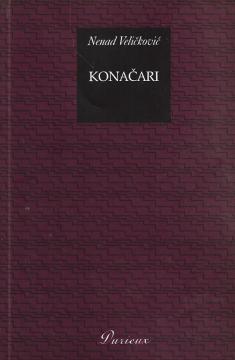
Konačari
The novel follows life in Sarajevo during the siege of the city in the 1990s, seen through the eyes of a young girl, Maja. Her diary narrative reveals an everyday life marked by the horrors of war, but also by a childlike innocence that brings an unusual
Maja records events in her neighborhood, from food and water shortages to shelling and losses, while also describing family relationships, neighbors, and small moments of joy. Her humor and naivety provide a distance from the horror, exposing the absurdity of war and the hypocrisy of ideologies. Through her eyes, we follow how residents adapt to "disturbed times," from humanitarian aid to attempts to preserve normality. Maja records stories of končars, people who temporarily stay in other people's apartments, often fleeing danger, which reflects the impermanence and uncertainty of life under siege. Her diary becomes a chronicle of a community struggling to preserve its humanity, but also a testimony to the losses and changes that war brings. The novel explores themes of survival, identity, and resistance through subtle irony and a child's perspective, which unmasks social and political masks.
One copy is available
